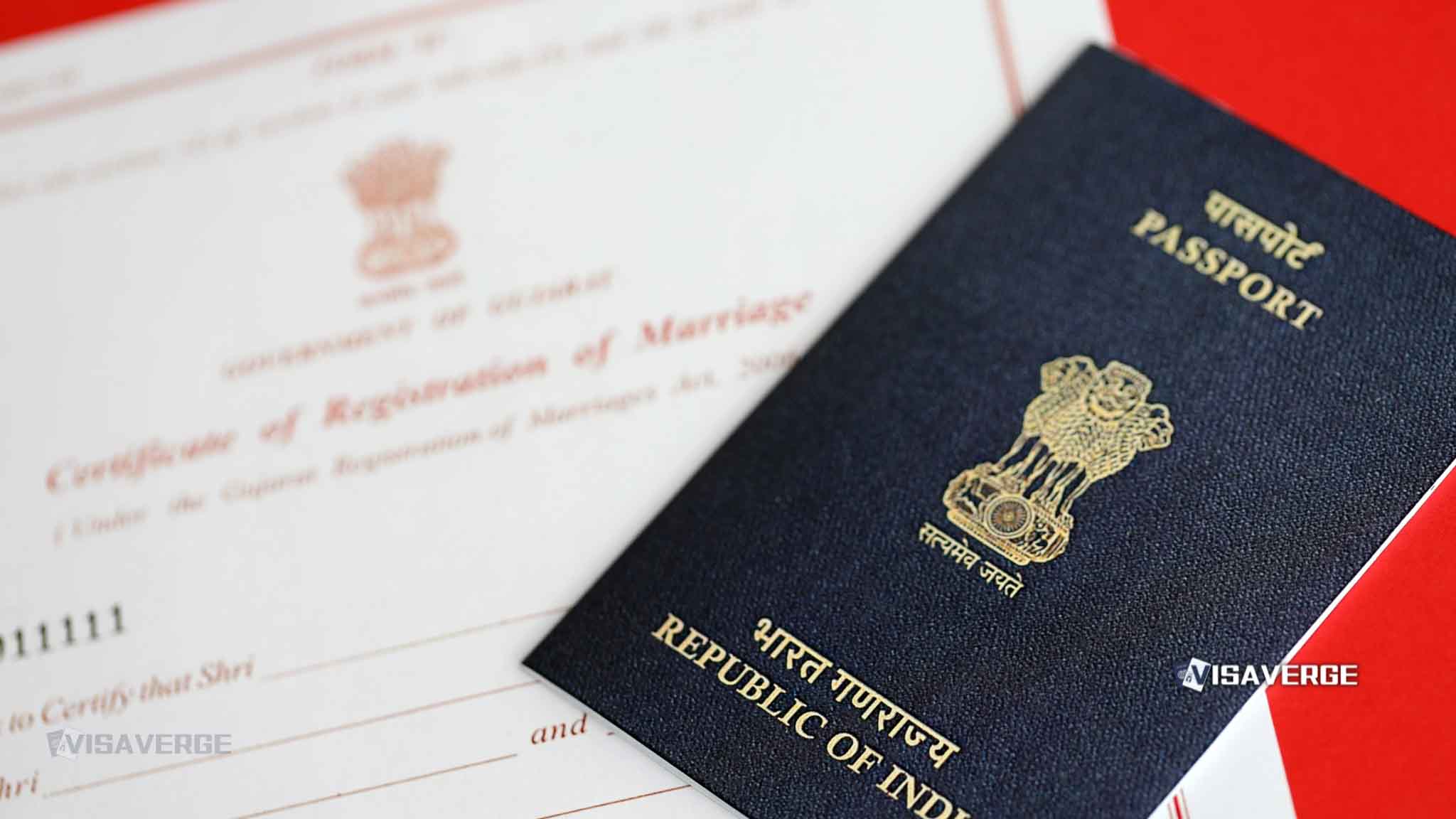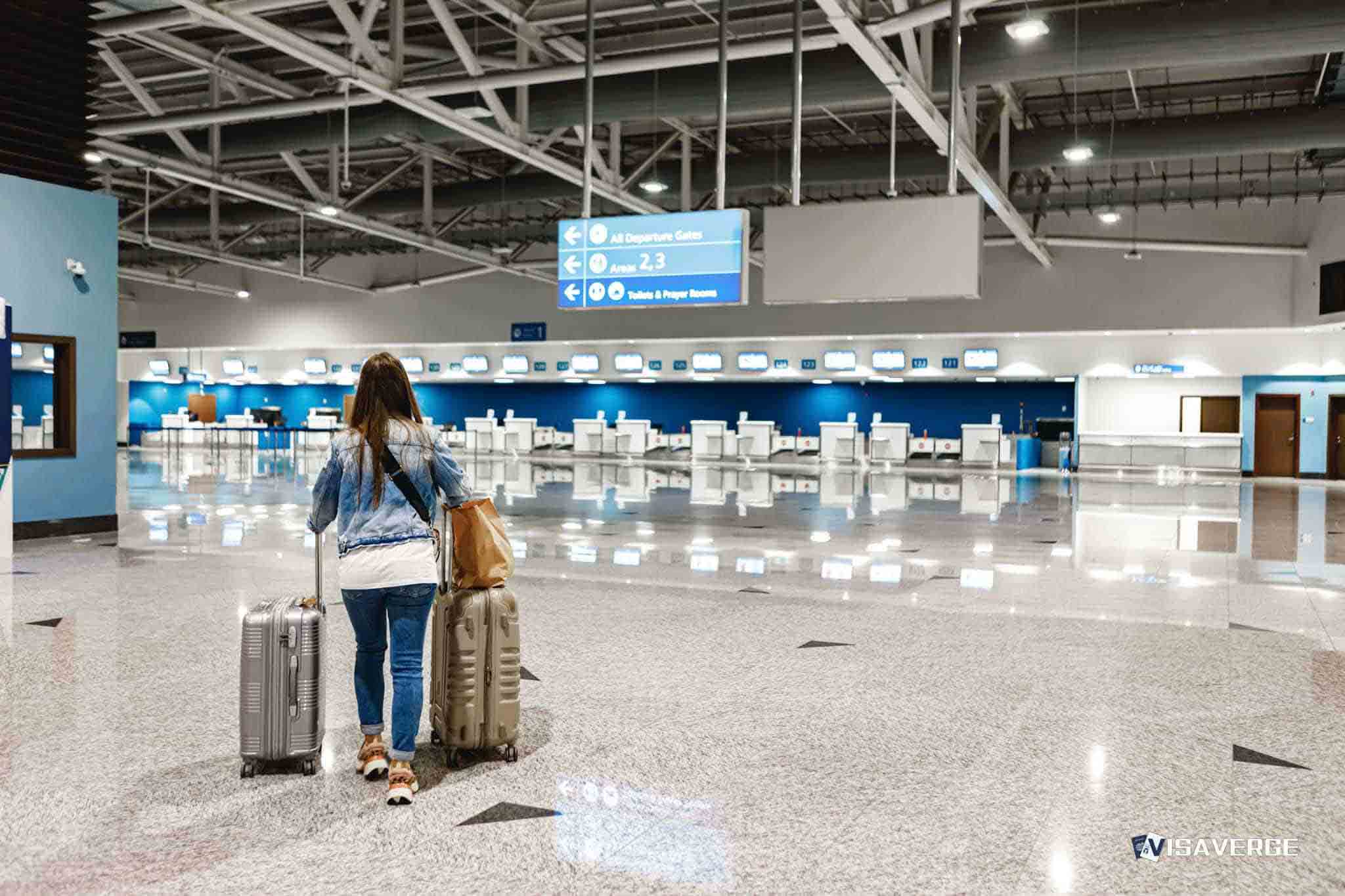Understanding I-140 Denial Due to Educational Qualifications Mismatch
The journey toward an employment-based visa in the United States can hit a roadblock if your I-140 petition is denied. A common reason for denial is when there’s a perceived mismatch between your educational qualifications and the job role you’ve been offered. However, this isn’t the end of the road. You have options to appeal the decision or take steps to correct any issues.
Assessing the Reason for the I-140 Denial:
First, it’s vital to understand why your I-140 was denied. The United States Citizenship and Immigration Services (USCIS) typically sends a Notice of Action that details the reasons for the denial.
Common issues can include:
– The job description and the educational qualifications don’t align.
– USCIS might feel that the degree held is not relevant to the job offered.
Evaluating Employment-Based Visa Appeal Options:
After a denial, you have the opportunity to appeal or file a motion to reopen or reconsider the decision with USCIS. Here’s a brief overview of your options:
Option 1: Appeal with the Administrative Appeals Office (AAO)
- File a Form I-290B: This must be done within 30 days of the denial notice.
- Include Additional Evidence: You may supply further documentation to clarify the relevance of your degree to the job.
Option 2: Motion to Reopen or Reconsider
- Motion to Reopen: Submit this if you have new evidence that you did not previously include.
- Motion to Reconsider: File this based on legal grounds, arguing that the initial decision was incorrect based on the evidence initially provided.
Preparing a Strong Response:
When preparing your appeal or motion, it’s crucial to address the specific points of contention highlighted by USCIS. Ensure that:
- You prove how your qualifications directly relate to the job duties.
- Expert opinion letters or evaluations from educational consultants could support your case.
- Any misunderstanding or misinterpretation of your qualifications is clarified.
Adjusting Your Immigration Plan:
It’s always wise to have a backup plan. Consider the following steps if your appeal options are exhausted:
- Further Education or Training: Obtain additional certifications or degrees that align with your job role more explicitly.
- Job Modification: Work with your employer to amend the job description to better fit your qualifications, if possible.
External Links and Resources:
To navigate these complex procedures, it’s beneficial to access official resources for guidance:
Conclusion:
Dealing with an I-140 denial due to an educational qualifications mismatch can be challenging, but it’s important to remember that you do have options. Carefully reviewing the reasons for denial, leveraging the appeal process, and revisiting your application with additional evidence or adjustments can help you move forward in pursuit of your employment-based visa. Stay informed, consider legal expertise if necessary, and don’t give up on your American dream.
So, there you have it! Dealing with an I-140 denial due to an education mismatch may seem like a snag, but fear not – you’ve got options! From appealing the decision to adjusting your immigration plan, there are steps you can take. If you want to dive deeper into this fascinating world of US visas, head over to visaverge.com for more tips and insights. You got this! 💪🌟
FAQ’s to know:
FAQ 1: Why is the educational qualifications mismatch a common reason for I-140 denial?
The answer to your question: A common reason for the denial of an I-140 petition is when there is a perceived mismatch between the applicant’s educational qualifications and the job role offered. The United States Citizenship and Immigration Services (USCIS) may feel that the educational degree held by the applicant is not relevant to the job being offered, or they may find that the job description and the educational qualifications do not align.
FAQ 2: What are the options for appealing an I-140 denial?
The answer to your question: After an I-140 denial, there are two primary options for appealing the decision or requesting a reconsideration. The first option is to file a Form I-290B with the Administrative Appeals Office (AAO) within 30 days of receiving the denial notice. This allows you to present additional evidence and clarify the relevance of your qualifications to the job. The second option is to file a motion to reopen the case if you have new evidence that was not previously submitted, or a motion to reconsider based on legal grounds, arguing that the initial decision was incorrect based on the evidence initially provided.
FAQ 3: What can be done if all appeal options for an I-140 denial are exhausted?
The answer to your question: If all the appeal options for an I-140 denial are exhausted, there are still steps you can take. First, you may consider obtaining further education or training to obtain additional certifications or degrees that align more explicitly with your job role. Another option is to work with your employer to modify the job description to better match your qualifications. It’s important to have a backup plan and explore alternative pathways to achieve your employment-based visa.
What did you learn? Answer below to know:
- True or False: One common reason for I-140 denial is a perceived mismatch between educational qualifications and the offered job role.
- What is one option available to appeal an I-140 denial with USCIS?
a) File a Form I-140B within 15 days
b) Submit a Motion to Reopen or Reconsider
c) Request an in-person meeting with a USCIS officer
d) Provide additional evidence after 90 days - What are two steps you can take if your appeal options are exhausted?
a) Seek legal advice and apply for the H-1B visa
b) Obtain additional certifications or degrees
c) Apply for a different employment-based visa category
d) Modify the job description without employer involvement














